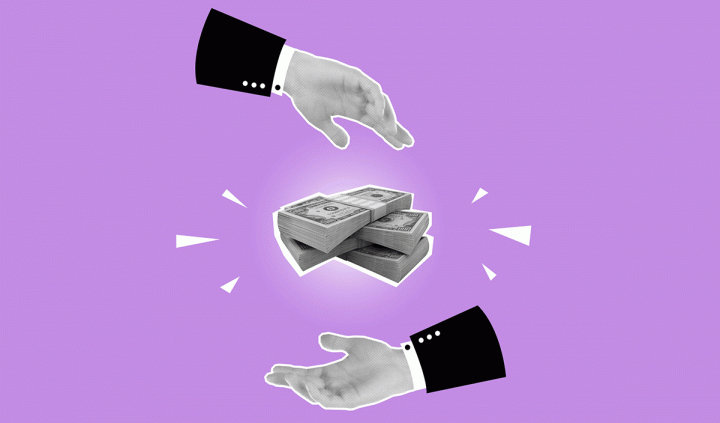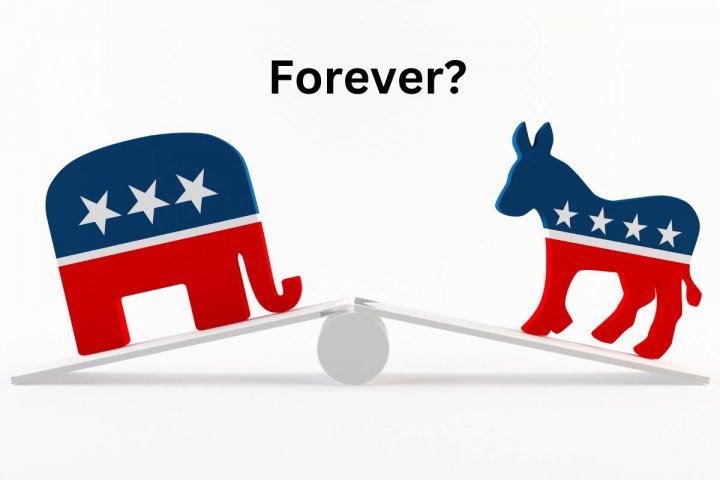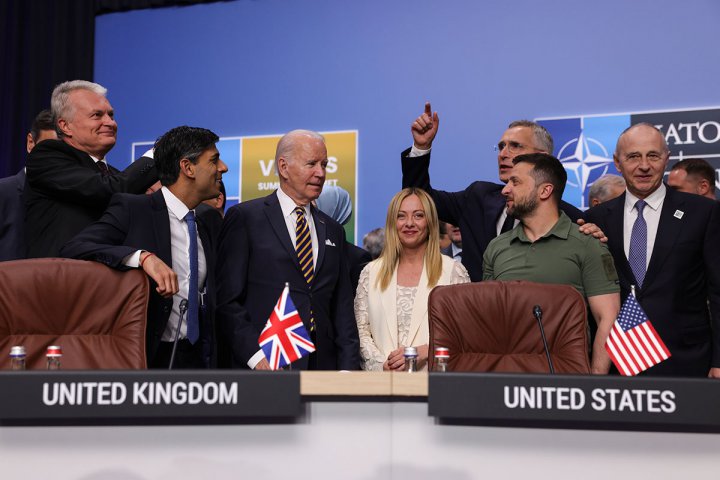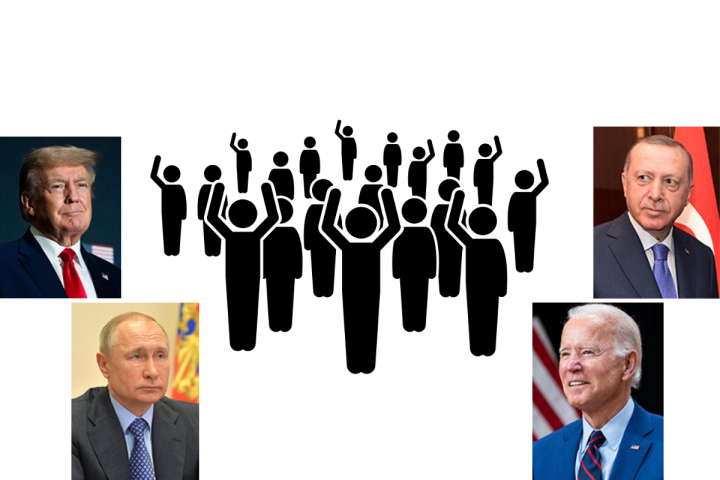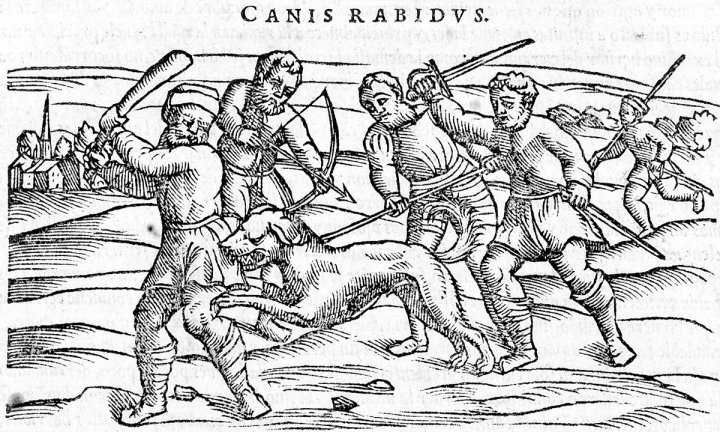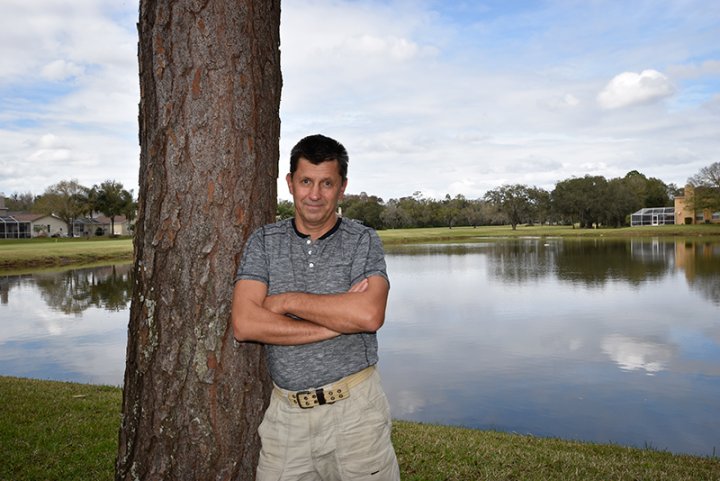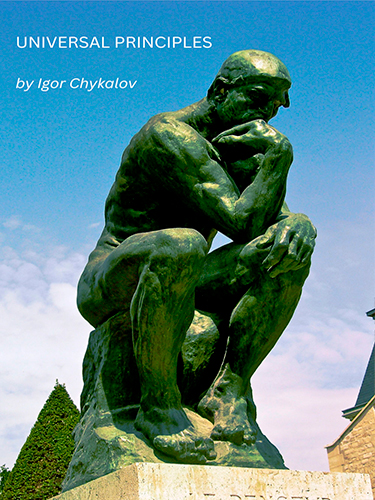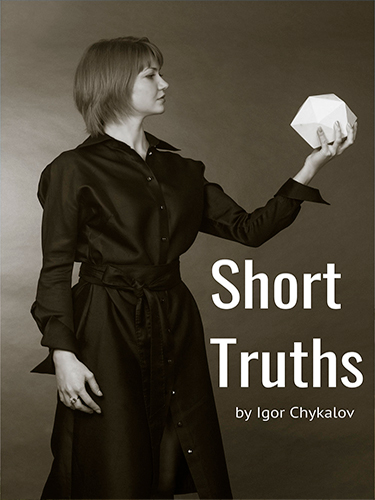Hopeless Ukraine (part 2, excerpt)
You have to pay for your independence or somebody else will pay for it.
Ukraine is one of the former Soviet republics that gained independence in 1991 as a result of the weakening and subsequent collapse of the USSR and not because the Ukrainians fought for it. A referendum on the Act of Declaration of Independence was held on 1 December 1991 and an overwhelming majority (92.3%) of voters approved the Ukrainian independence from USSR.
I also voted for independence then and remember my attitude to the referendum - it was something new, completely incomprehensible, but surely worth of trying.
……….
The Ukrainians could not use the independence that had fallen into their hands for their own benefit. More precisely, they haven’t known that independence was never for free so Ukraine never got it. Russian leaders generously fed the Ukrainian elites after the secession from USSR and did not let the Ukrainian nation get off the Russian oil and gas needle. However, it is not just the fault of "bad" Russian authorities. They always have been like that and always will be. The Ukrainian elites starting with the presidents of "independent" Ukraine for sure received money from Russians, thus betraying (or rather, selling) the interests of their people and their country. Of course, I haven’t been there when the money was handed over, but the question of supplying of oil and gas for the entire country had to involve the top officials.
People of Ukraine have never thought about all that, they just wanted to stay warm in winter and have a fuel for their cars. This is probably why there has been a strong pro-Russian lobby in Ukrainian parliament for 30 years of independence and some citizens of Ukraine have been voting for it all that time.
Thus the Ukrainian nation was divided into parts from the very beginning of the existence of “independent” Ukraine. Russian authorities corrupted Ukrainian elites, which gladly sold them the Ukrainian independence. Ukrainian people (me including) have never paid attention to all that.
……….
You have read an excerpt from the article. The complete series of articles "Hopeless Ukraine" will be available for purchase as a separate book on my website becomethyself.com in a while.
Comment
✚ Add comment
